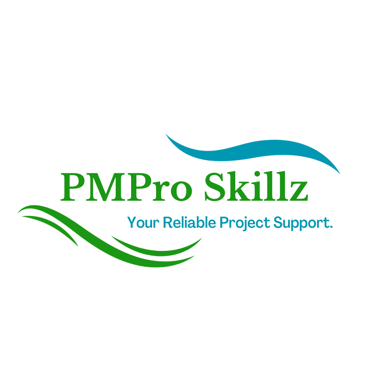Fit-for-Purpose Project Management: A Competitive Advantage
In an ever-changing business environment, organizations are recognizing the need for agility and flexibility in their project management approaches. This article explores the rise of tailored, hybrid strategies that combine the best practices from various methodologies to create customized solutions. Understand how this adaptive mindset can help companies navigate complexity, foster innovation, and achieve greater project success.
MOST RECENT
Iyanna Trimmingham
4/5/20242 min read


The traditional one-size-fits-all approach to project management is quickly becoming a thing of the past. In our rapidly evolving world, those rigid, inflexible systems just don't cut it anymore. The varied nature of challenges, distinct project objectives, and the diverse environments in which projects operate necessitate a shift towards more customized strategies and methodologies. This evolution towards hybrid or customized project management frameworks is not merely a trend—it's an essential adjustment for organizations aiming to thrive in this dynamic era.
Harnessing Methodological Diversity
No two projects are identical. From fast-paced tech startups to established industry behemoths, each project confronts unique challenges and exists within its own specific ecosystem. For instance, an innovative software development project might thrive on an agile, iterative approach to swiftly accommodate changes and feedback, whereas the introduction of a new manufacturing facility could benefit from a more systematic, plan-driven strategy. Even within the same sector, projects can differ significantly in scope, resources, risks, and other variables, underlining the necessity for a versatile project management approach.
Take a global software company that adopted a tailored agile methodology for its new product development. By integrating customer feedback at every stage of development and continuously adapting their plan based on real-time insights, they will not only accelerate the launch of the project but also significantly enhance customer satisfaction by ensuring that the final product closely aligned with customer needs.
The Crucial Role of Customization
The key to numerous project successes lies in customization. By grasping the unique demands and characteristics of each project, project leaders can choose and refine methodologies most conducive to success. This doesn't entail inventing a new strategy for every project but modifying existing approaches to align more closely with the specific requirements and context of the project at hand. Through customization, project managers can draw on the strengths of various methodologies, crafting a tailored approach that enhances both efficiency and efficacy.
Designing Your Tailored Approach
Assess Project Needs: Begin with a comprehensive understanding of the project's goals, limitations, and operational environment. Consider the expected outcomes and potential hurdles that might emerge throughout the project's lifecycle.
Select a Versatile Framework: Opt for a project management framework that provides the flexibility your project needs. Whether it’s Agile, Waterfall, or a hybrid model, your chosen framework should accommodate unforeseen changes and challenges.
Incorporate Stakeholder Insights: Early and frequent engagement with stakeholders is pivotal. Their perspectives and feedback are invaluable for fine-tuning project strategies and aligning with the overarching organizational objectives and customer expectations.
Monitor and Pivot: Maintain agility and be prepared to modify your strategy as the project evolves. Consistent reviews and feedback mechanisms are vital for pinpointing improvement areas and capitalizing on opportunities to advance project outcomes.
Navigating Towards Success with Customization
As organizations maneuver through an increasingly intricate and mutable environment, the transition from rigid methodologies to adaptable, customized project management practices has become imperative. By thoroughly understanding each project's distinct requirements and meticulously tailoring your management tactics, you can significantly elevate project performance, meet stakeholder expectations, and achieve your goals.
The future of effective project management is rooted in customization and adaptability. By embracing these principles, project leaders can adeptly navigate the complexities of contemporary business projects with finesse and acumen. Tailoring your project management approach goes beyond merely tweaking methodologies; it involves cultivating a culture of flexibility, continuous improvement, and stakeholder involvement that drives projects to success and beyond. This strategic pivot not only boosts the likelihood of project success but also equips organizations to better tackle the opportunities and challenges of the future business landscape.

